Summary
Background
The horse's gut bacterial community plays a vital role in both digestive and overall health. A thorough understanding of these bacterial populations and their functions provides essential groundwork for studying both healthy and diseased states.
Research Goals
To analyze the fecal bacterial populations and volatile organic compounds (VOCs) in healthy Thoroughbred racehorses' fecal metabolome, while also examining how these factors respond to dietary supplements containing amylase-rich malt extract.
Study Format
Controlled intervention study
Methodology
Researchers collected fecal samples non-invasively from 8 actively training Thoroughbred racehorses before supplementation and again after a 6-week supplementation period. They analyzed the fecal metabolome using TD-GC-MS technology, processing spectral data through AMDIS and comparing results against the NIST database. The research team characterized bacterial populations using error-corrected 454 pyrosequencing of 16S rRNA gene amplicons.
Key Findings
- The fecal metabolome primarily contained organic acids, alcohols, and ketones
- 81 distinct VOCs were identified, with only 28 present in more than half of samples, indicating significant functional diversity
- VOC profiles showed marked changes between initial and post-supplementation sampling, with notable reductions in certain VOCs following supplementation
- Bacterial analysis revealed high diversity, with 1,200-3,000 operational taxonomic units (OTUs) per horse
- Results showed numerous low-abundance, infrequent OTUs
- Dietary supplementation led to measurable changes in microbial community structure
- Variations were noted in low-abundance bacterial populations, with some individual differences in response between horses
Conclusions
The study established that Thoroughbred racehorses' fecal metabolome contains primarily organic acids, alcohols, and ketones. Supplementation with amylase-rich malt extract can significantly alter VOC profiles. The fecal microbiome shows extensive diversity and is dominated by Firmicutes and Bacteroidetes bacteria. While dietary supplementation produced modest but significant changes in microbial communities, these findings provide valuable baseline data for future research into equine digestive health and dietary interventions.


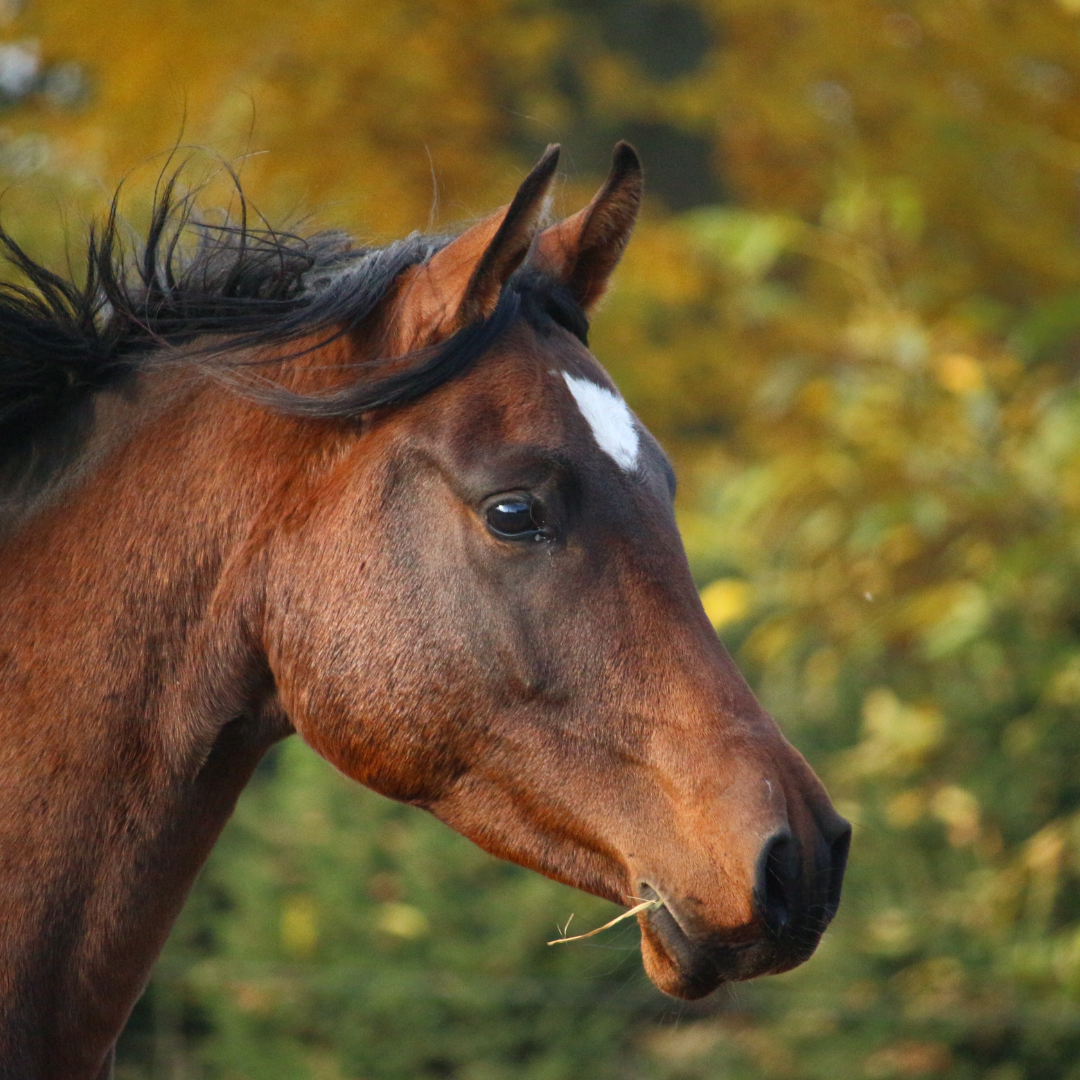
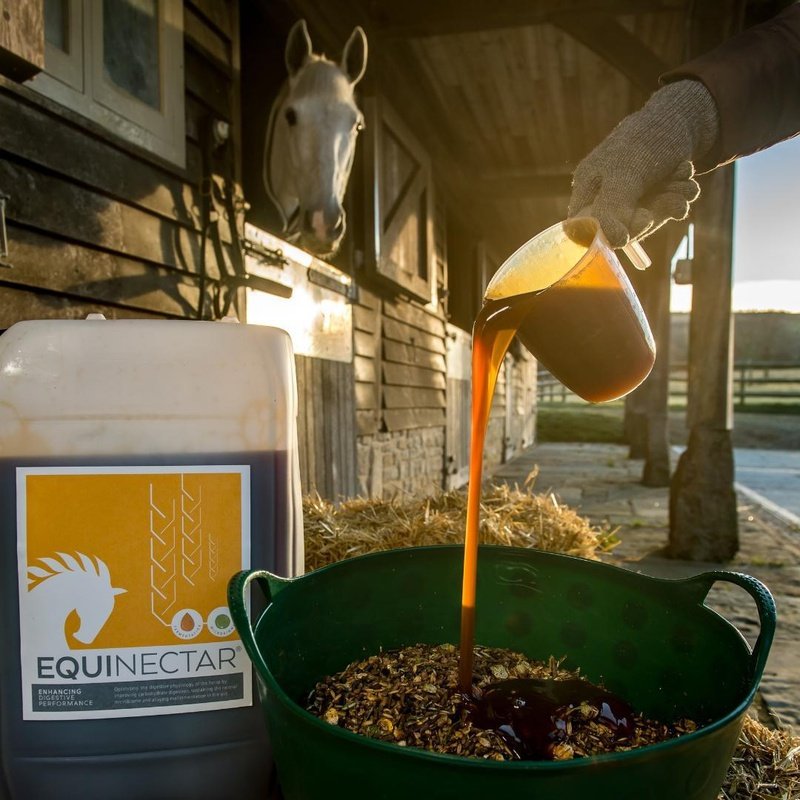
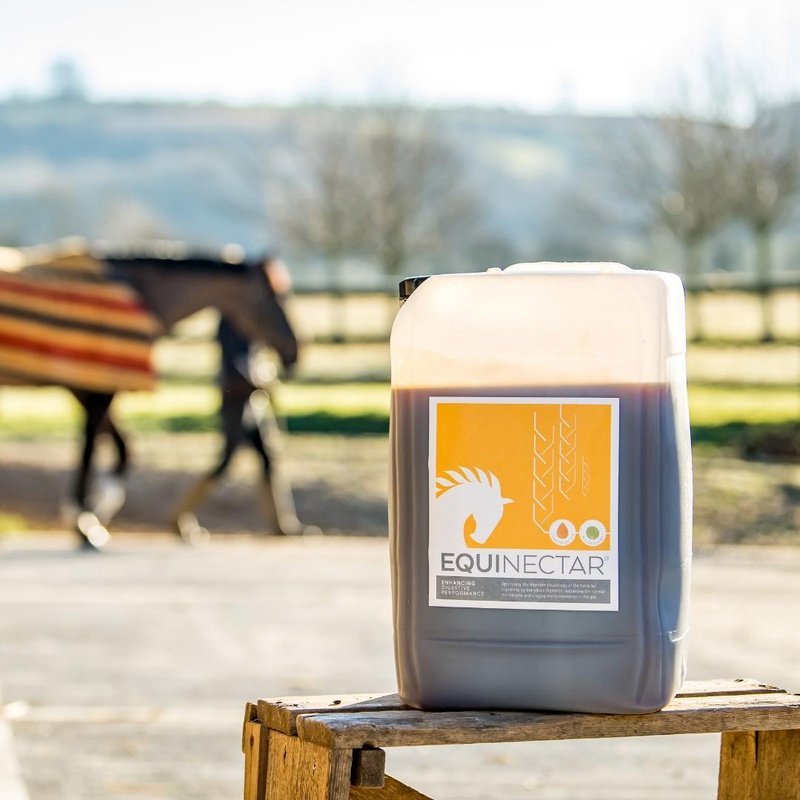
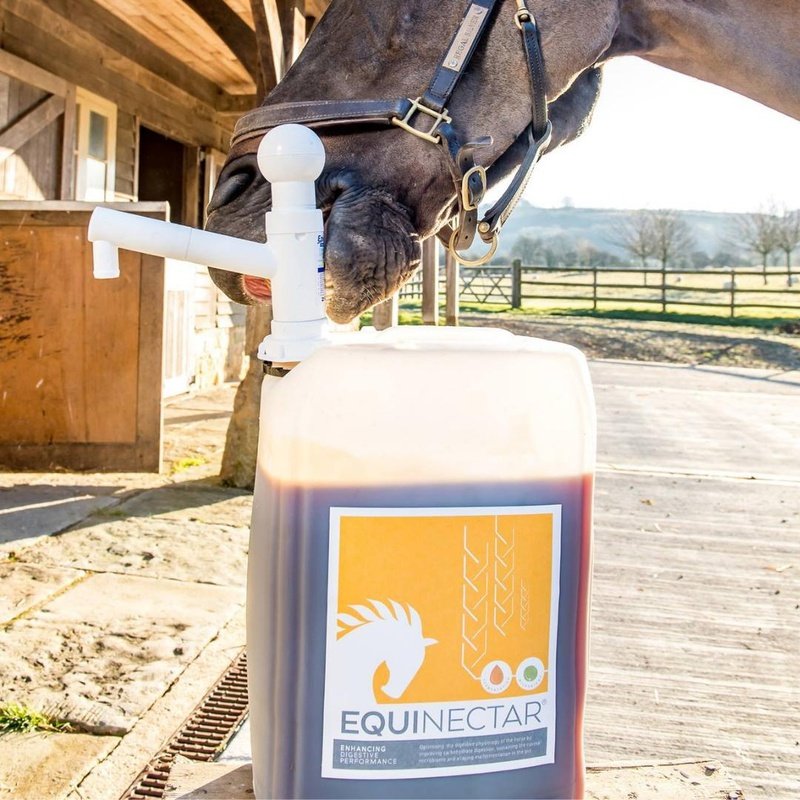



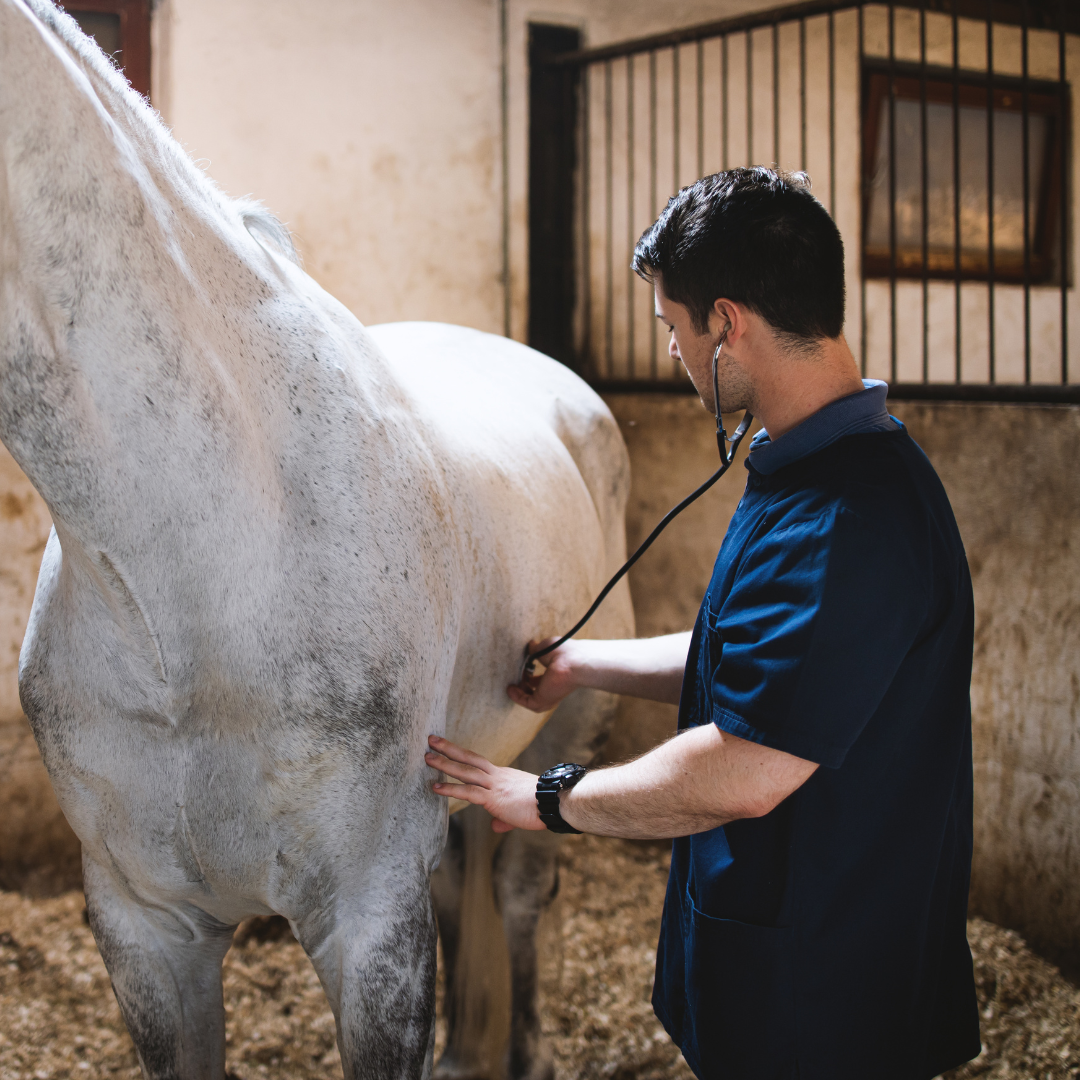
Share: